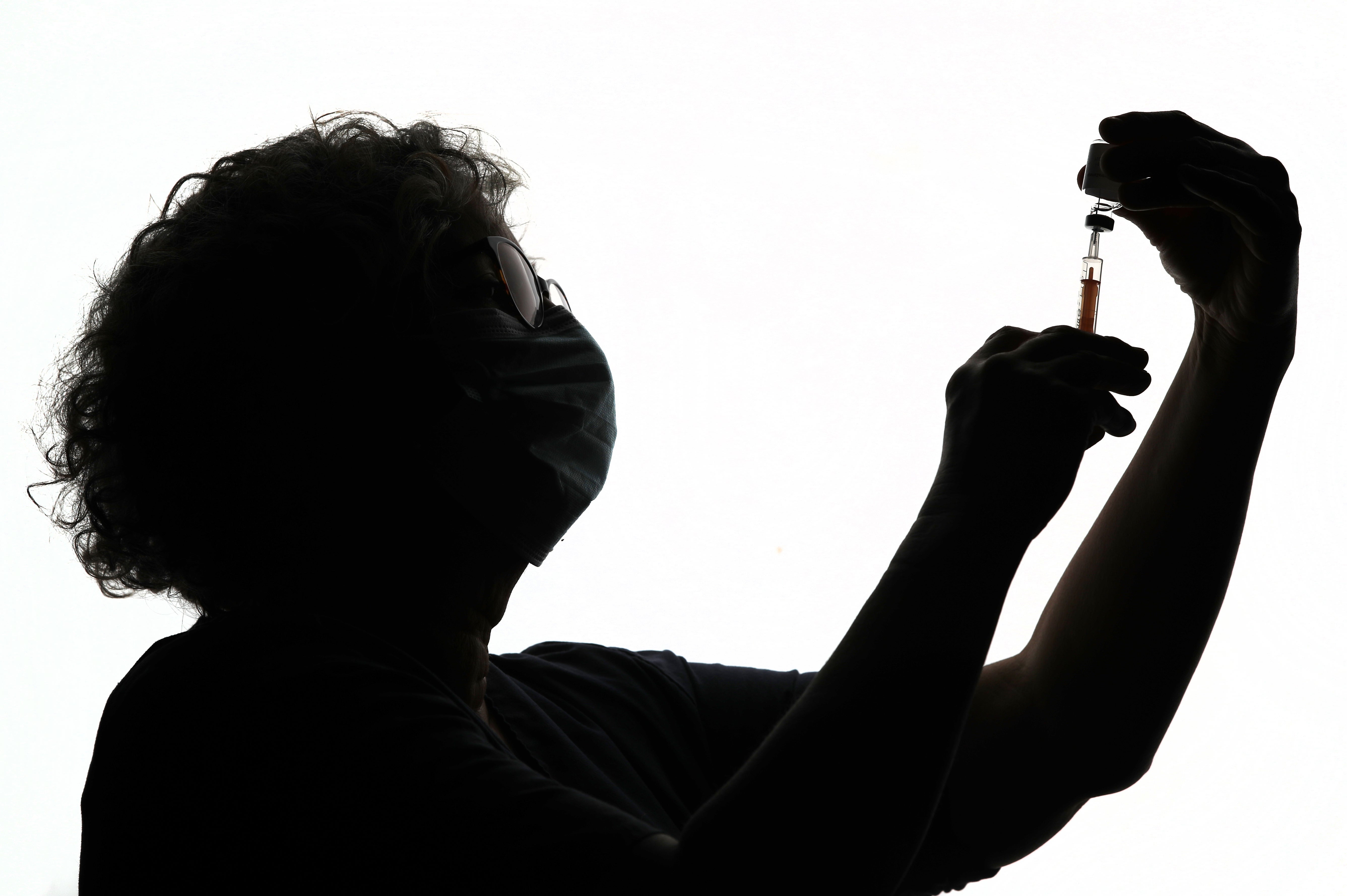Government ‘confident’ people will get ‘bivalent’ jab in booster programme
The comments come after it emerged that current stock would cover only half the population eligible for the booster jab.

Your support helps us to tell the story
From reproductive rights to climate change to Big Tech, The Independent is on the ground when the story is developing. Whether it's investigating the financials of Elon Musk's pro-Trump PAC or producing our latest documentary, 'The A Word', which shines a light on the American women fighting for reproductive rights, we know how important it is to parse out the facts from the messaging.
At such a critical moment in US history, we need reporters on the ground. Your donation allows us to keep sending journalists to speak to both sides of the story.
The Independent is trusted by Americans across the entire political spectrum. And unlike many other quality news outlets, we choose not to lock Americans out of our reporting and analysis with paywalls. We believe quality journalism should be available to everyone, paid for by those who can afford it.
Your support makes all the difference.The Government has said that it is “confident” that people will be able to get a new bivalent Covid-19 jab as part of the autumn booster programme.
The UK became the first country in the world to approve Moderna’s bivalent vaccine, which targets both the original strain of the virus and the Omicron variant, but it was reported that the country does not have enough doses to offer the new jab to all people eligible for the booster.
However, ministers confirmed that the 26 million people eligible for an autumn booster will have access to one of the next-generation jabs.
Vaccines minister Maggie Throup told Good Morning Britain: “Obviously we’re getting stocks in other new vaccines … and we’re getting further stocks as we go through the next few weeks, but there are other vaccines coming online as well.
“So we are quite confident that we’ll be able to deliver the programme with a bivalent vaccine throughout the next few weeks.”
She later tweeted: “We will have enough supply to offer everybody eligible new vaccines targeted at the Omicron variant.”
But officials would not confirm stock levels due to the commercial sensitivity of contracts.
But Professor Anthony Harnden, deputy chair of the Joint Committee on Vaccination and Immunisation (JCVI), said people eligible for a Covid-19 booster jab should not worry about what type of vaccine they will receive.
“The key point is that people need to get vaccinated rather than worrying too much about the type of vaccine that they’re receiving,” he told BBC Breakfast.
“These are all very good vaccines, which have proven efficacy against severe disease – that’s hospitalisation and death.
“The whole basis of the programme is to target those vulnerable people for a booster to keep their immunity topped up for protection against severe disease.
“So the message really is get vaccinated with your booster and don’t worry too much about the type of vaccine that you’re getting.
“But for simplicity’s sake, we’ll be trying to use one vaccine and we believe that this bivalent vaccine is potentially a very good vaccine and so we’ll be using that in the first instance.”
He said those eligible for the autumn booster programme “would not get second-rate vaccines”, adding: “They’re all very good vaccines.
“Both the Pfizer and Moderna original strain vaccines are available.
“There may well be other vaccines in the pipeline – Pfizer I believe are developing a bivalent vaccine which we’ll look at very carefully on JCVI if it’s approved.
“And of course, the Government may order, or may have ordered, some more bivalent Moderna vaccines so that there’s going to be a suite of vaccines which are available to use.”
Adults over 50 and clinically vulnerable people will be offered the first Covid-19 jab to target two strains of the virus, as part of the UK’s autumn booster programme.
People over the age of five who are classed as most at risk from the virus will be eligible, as will their household contacts, NHS frontline and care home staff and carers aged 16 or over.
The UK became the first nation to authorise the vaccine when the Medicines and Healthcare products Regulatory Agency approved it on Monday.